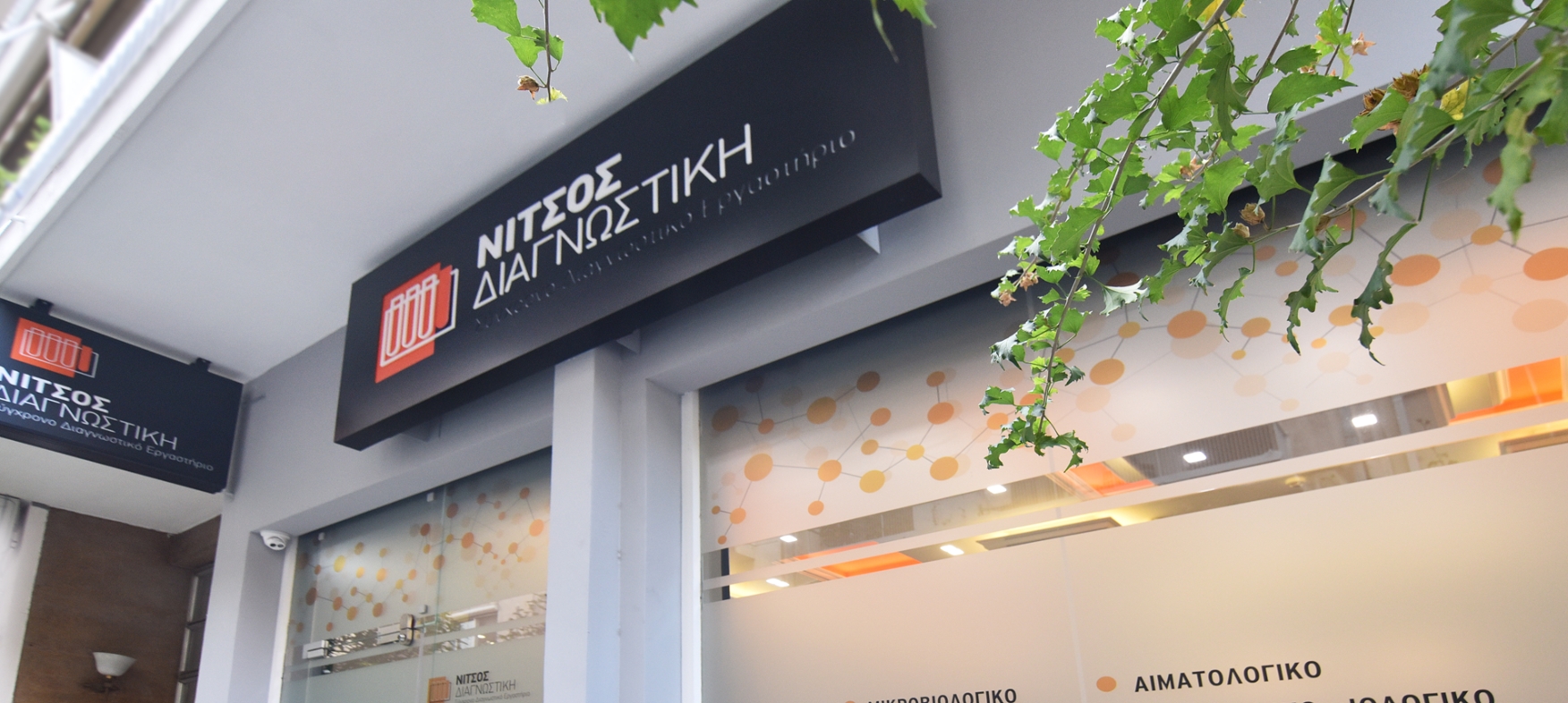PCR- reverse hybridisation technique can now detect 10 pathogenic microorganisms, which are associated with sexually transmitted diseases. Namely, the microorganisms Chlamydia trachomatis, Neisseria gonorrhoeae, Ureaplasma parvum, Ureaplasma urealyticum, Mycoplasma genitalium, Mycoplasma hominis, Herpes simplex 1, Herpes simplex 2, Treponema pallidum, Trichomonas vaginalis are detected.
This new technique allows detection of all different serotypes of the above pathogens and detects all serotypes of Chlamydia trachomatis (A, B, Ba, C, D, Da, E, F, G, H, I, Ia, J, Ja, K, L1, L2 and L3) and Ureaplasma spp (1-14).
The procedure is simple and involves the use of cervical/vaginal smear. The results are available within approximately one week.




